Policy Priorities:
Fighting Back Against ESG
Through its research and advocacy, the Center to Protect Ranchers (CPR) is fighting back against the Environmental, Social, and Governance (ESG) agenda which has an outsized negative impact on the U.S. ranching industry. A recent study by the Buckeye Institute found farmers and ranchers will see their operational costs rise by an estimated 34% as a result of net-zero ESG policies. In Europe, a number of ranchers have been forced into bankruptcy due to ESG requirements limiting the size of their herds (to cut methane emissions) and a series of other draconian mandates.
Eliminating the Estate Tax
Through its research and advocacy, the Center to Protect Ranchers (CPR) is working to abolish the “death tax”, one of the most economically destructive taxes levied in America. Family ranchers are among those most impacted by the estate tax and are oftentimes forced into closure and the liquidation of their land due to the tax which may be as high as 50% when factoring in the rates set at both the federal and state level. Unless actions are taken by Congress, the exemption level is scheduled to drop to just $6.8 million on January 1, 2026, threatening thousands of ranches.
Providing Ranchers Regulatory Relief
Through its research and advocacy, the Center to Protect Ranchers (CPR) is working to reform regulations at both the federal and state level to both strengthen the property rights of ranchers and reduce compliance costs. Ranchers are often victimized by a wave of regulations imposed by not only at the national level through federal agencies, but also by state and local governments. These regulations can include mandates imposed on farming equipment, rules governing labor and business practices, and of course a litany of red tape surrounding environmental and land usage.
Ending Big Government Cronyism
Through its research and advocacy, the Center to Protect Ranchers (CPR) is fighting back against crony and anti-competitive practices which enrich mega-farming corporations at the expense of small family ranchers. One of the worst examples is commodity check-off programs which force producers of certain products, such as beef, dairy, or poultry, to pay into a fund (ex. $2 for a cow) that is used for industry research or advertising campaigns which benefit only select large-scale producers.

